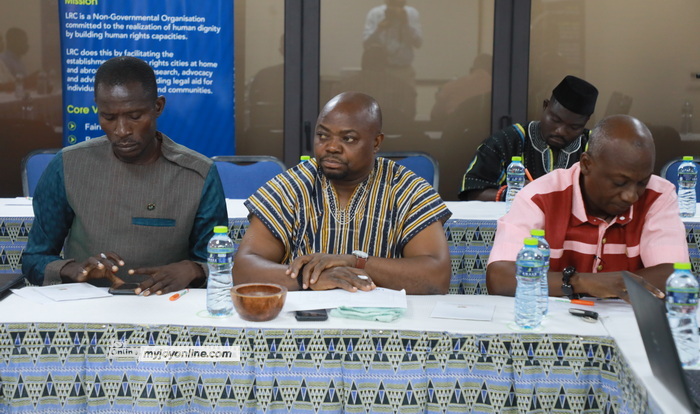Sixty percent (60%) of road crashes leading to pedestrian and passenger knockdowns in Ghana are speed-related, speakers at a day-long road safety engagement forum in Accra have revealed.
While tyre bursts, brake failures, overloading, and bad roads are major contributing factors, speeding has been identified as the key contributor to these incidents.
The forum, organized by the Legal Resources Centre (LRC) with support from the Bloomberg Initiative for Global Road Safety Partnership, aimed to use advocacy interventions to push for the passage of the Road Traffic Act and the development of standards for motorcycle helmets. This initiative is geared towards implementing deliverables that will improve road safety in the country.
Over 50 participants from various commercial transport unions, road safety consultancy firms, driving schools, and the State Transport Company Limited discussed potential ways to reduce road crashes.
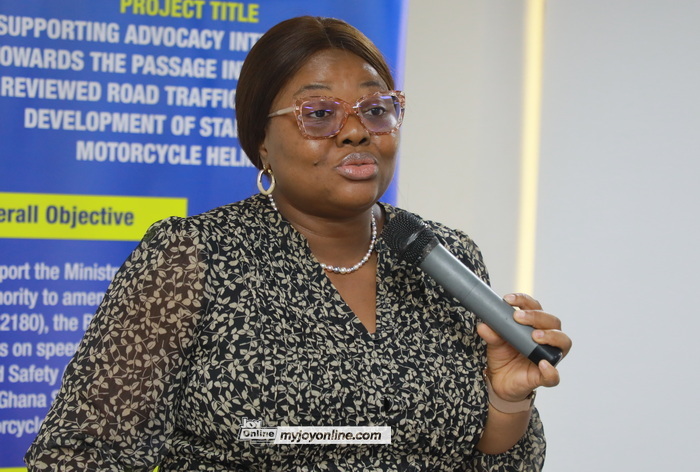
The Executive Director of the Legal Resources Centre, Ms. Daphne Lariba Nabila, said the advocacy campaign is a two-year project that began in June this year. Its goal is to support the Ministry of Transport and the National Road Safety Authority (NRSA) in amending the Road Traffic Regulations, 2012 (L.I. 2180). The regulation was recently withdrawn from Parliament and re-laid, with the amended Road Traffic Act, 2004 (Act 683) now focusing on speed management.
The advocacy campaign also aims to collaborate with partners to support state agencies such as the Ministry of Transport, the NRSA, the Driver and Vehicle Licensing Authority (DVLA), and the Ghana Standards Authority in developing standards for motorcycle helmets.
Ms. Nabila emphasized the importance of bringing transport unions together to accelerate the review process of the Road Traffic Act, 2004, and the Road Traffic (Amendment) Regulations, 2024. She added that the forum also seeks to gather concerns about speed management to allow local authorities, including metropolitan, municipal, and district assemblies, to better manage their local roads.
Ms. Nabila expressed concern that although Africa is the world’s least motorized region, accounting for just 3% of the world’s vehicles, it has the highest rate of road deaths. According to the World Health Organization (WHO), Africa’s road death rate stands at 26.6 deaths per 100,000 people.
The WHO’s 2023 status report indicated that road crash deaths in Africa have risen by 17%.
On his part, the Acting Director-General of the National Road Safety Authority, David Adonteng, described road crashes as a "national cancer," blaming the situation on behavioural factors and population growth. He pointed out that road transport serves as the primary mode of commuting in Ghana, making the problem dire.
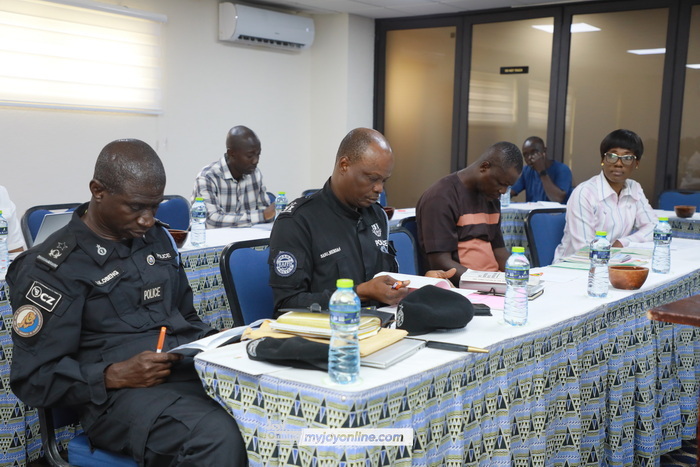
Between January and June 2024 alone, 1,237 deaths and 7,561 injuries were recorded from road crashes in Ghana, according to the NRSA. Behavioral risk factors, such as wrongful overtaking, failure to observe traffic signs, and speeding, continue to be the main causes of these crashes.
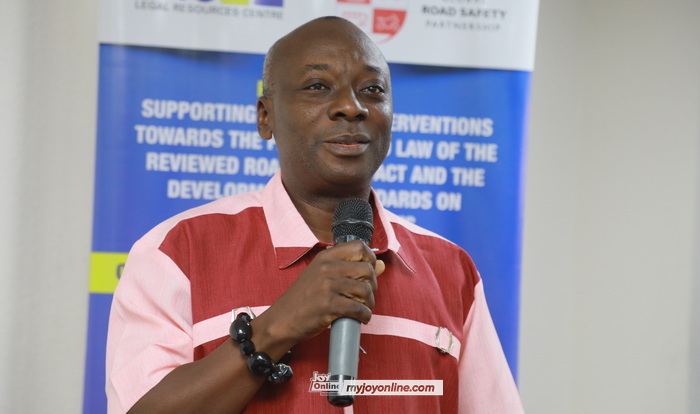
"Speeding has become the lone ranger in killing people, maiming them, and destroying properties," Mr. Adonteng said.
He further disclosed that, starting next year, the NRSA will introduce camera technology to monitor drivers, especially on highways. The design and installation of the devices have been completed, and implementation is pending.
The cameras will be installed in vehicles and will automate speed enforcement regulations. Mr. Adonteng warned that under the new system, fifth-time offenders who repeatedly appear in court could have their licenses permanently revoked.
To enhance monitoring, the NRSA has introduced tracking devices to track vehicles in real time.
The MTTD Director of Education, Research and Training, Chief Superintendent Alexander Obeng, also addressed participants, announcing the launch of an automated system developed by the Ghana Police Service to enforce road traffic laws and improve road safety. The system, known as Traffitech-GH, uses cameras and sensors to capture images and videos of vehicles violating road traffic laws, such as speeding and running red lights.
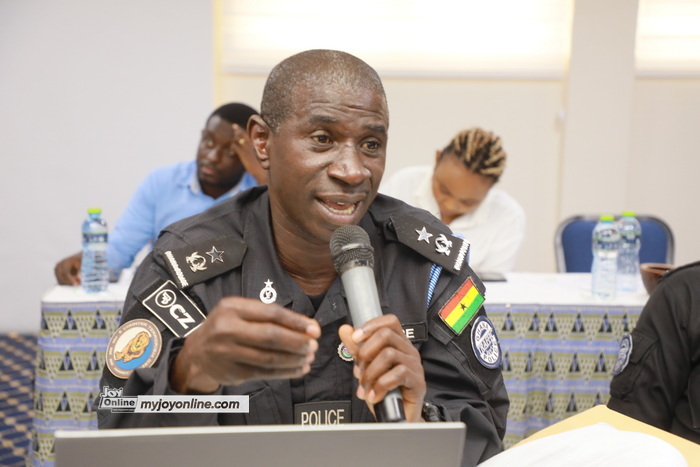
Addressing participants the MTTD Director of Education, Research and Training, Chief Spt. Alexander Obeng Director of Education, Research and Training of MTTD Chief Supt. Alexander Obeng said MTTD has launched an automated system developed by the Ghana Police Service to enforce road traffic laws and regulations to improve road safety in Ghana. The system uses cameras and sensors to automatically take a picture and/or video of vehicles that flout road traffic laws and regulations such as speeding and jumping of redlight.
Known as Traffitech-GH will deploy fixed, mobile/in-vehicle and radar gun devices to capture, amongst others, speeding, and jumping redlight.
Pictures and videos are recorded of the Offence, are automatically transmitted to a back office, for validation and issuance of a notification by SMS to the vehicle owner for payment.
Other traffic Offences that will be enforced under Traffitech- GH are, expired road worthiness certificate, wrongful overtaking, non-use of seatbelts, use of mobile phones while driving, use of expired license, driving with an uninsured vehicle, abuse of siren, etc.
Offenders do not have to go to court unless to challenge their ticket.
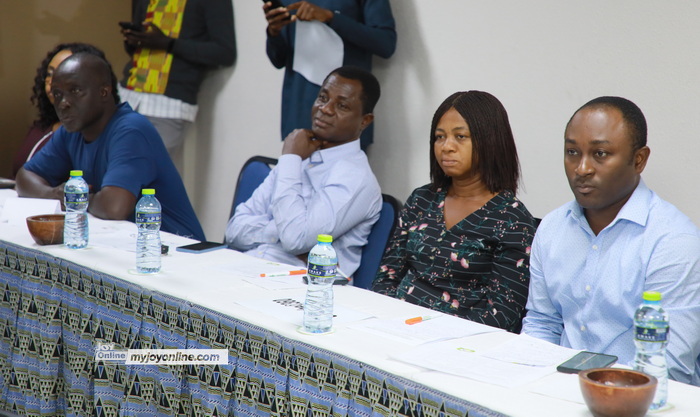
Traffitech-GH will deploy fixed, mobile, and in-vehicle radar devices to capture offenses. Pictures and videos of the offenses will be automatically transmitted to a back-office for validation, and a notification will be sent via SMS to the vehicle owner for payment.
Other offenses that will be enforced under Traffitech-GH include expired roadworthiness certificates, wrongful overtaking, failure to use seat belts, mobile phone use while driving, expired licenses, driving without insurance, and abuse of sirens.
Offenders do not need to go to court unless they wish to contest their tickets. The clear photo and video evidence captured by Traffitech-GH will serve as proof of the offense, and individuals are expected to pay the fine indicated on the ticket.
The Legal Resources Centre (LRC) is a human rights non-governmental organization committed to realizing human dignity by building human rights capacities. The center works to promote and protect rights to health, safe transport, education, housing, work, participatory democracy, and personal liberty, as well as to provide access to criminal and civil justice. The LRC engages in public human rights education, community mobilization, legal aid, alternative dispute resolution, action research, advocacy, and publication.
The organization remains dedicated to advocating for road safety in Ghana through legislative and policy reviews, and it is committed to supporting activities that promote this cause.
Latest Stories
-
I won’t renew Zoomlion contract if sweepers’ salary remains GH¢250 – Basintale declares
4 minutes -
Africa must build, own its technology to secure its future – Margins ID Group CEO
11 minutes -
Education minister directs NTC to propose alternatives before it scraps teacher licensure exams
17 minutes -
SHS students keeping dangerous weapon and harmful implements – CHASS reveals
19 minutes -
SHS students donate GHs100k towards care of victim of Adventist SHS shooting
29 minutes -
JAGILS partners Rolla Foundation to support less privileged children in Kumasi
31 minutes -
Optimising Your Health: The Role of Meal Timing and Frequency
49 minutes -
IMF revises Ghana’s revenue-to-GDP ratio to below 17% for next 4 year
1 hour -
Bawumia funds cost of NPP’s ‘Thank You Tour’
1 hour -
Parliament’s sanitation committee urges swift payment of GH₵1.3b debt owed to Zoomlion
1 hour -
Ensure debt sustainability framework remains fit-for-purpose to prevent unsustainable debt – Governor to IMF
2 hours -
Bawumia donates GH¢3m to NPP for welfare support
2 hours -
Accra High Court strikes out motion against anti-galamsey protest
2 hours -
Ghana Armed Forces denies attack on Army Chief in Bawku
2 hours -
CDD-Ghana launches International Desk to tackle global threats to African democracy
2 hours

